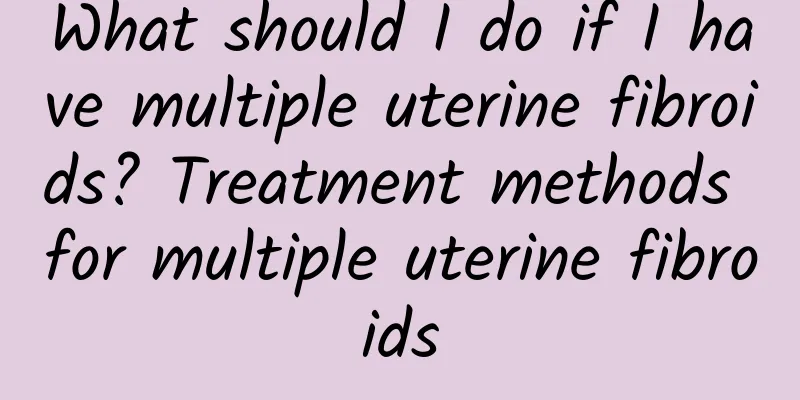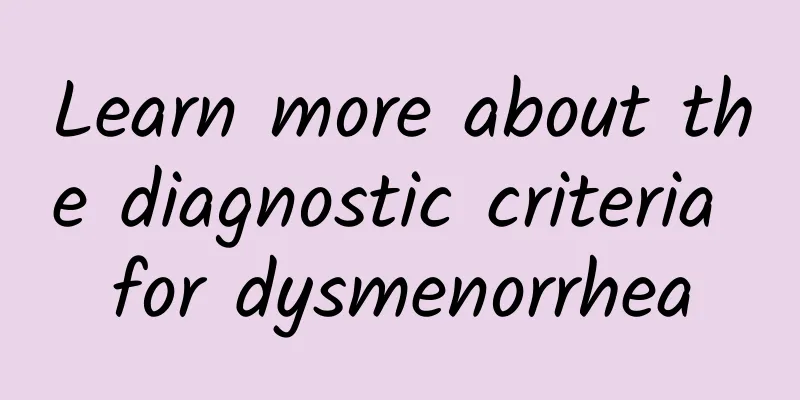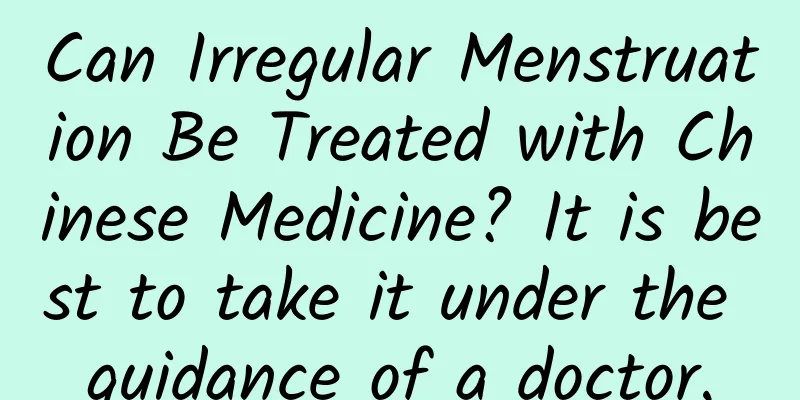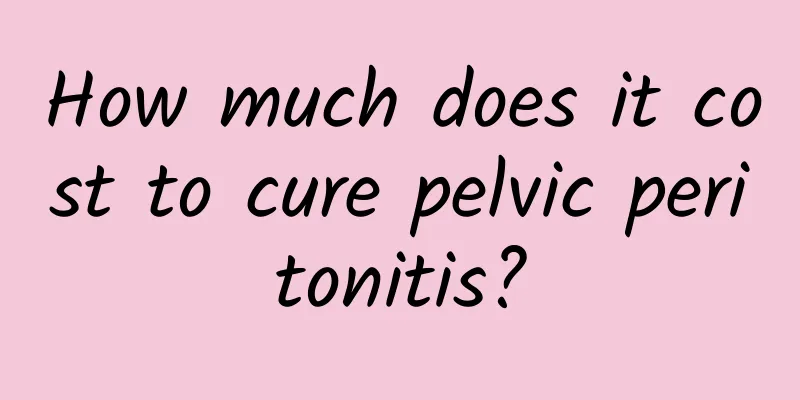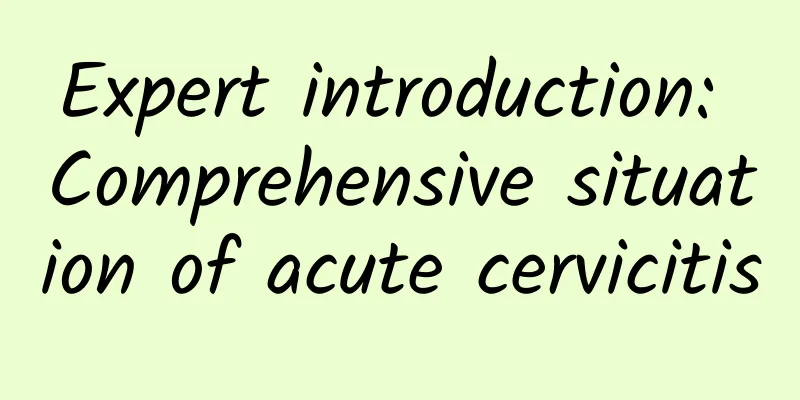What medicine can eliminate uterine cysts?
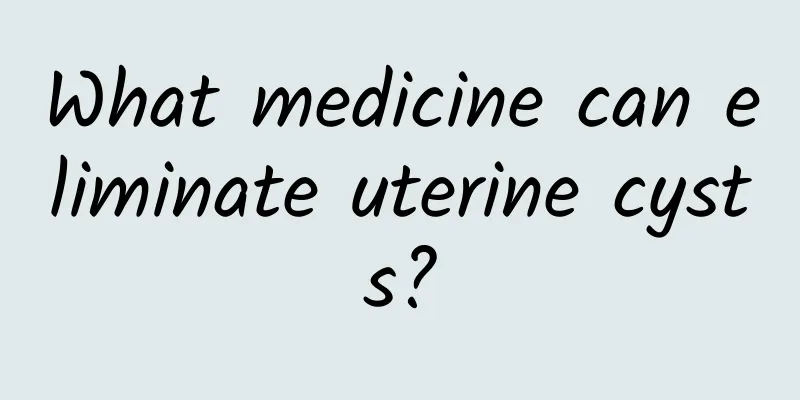
|
The treatment of uterine cysts requires the selection of medications or surgery based on the type of cyst and symptoms. Common medications include oral contraceptives, GnRH agonists, and progesterone drugs. Mild cysts can also be assisted by diet and lifestyle adjustments. 1. Oral contraceptives Oral contraceptives are commonly used to treat functional uterine cysts. They inhibit cyst growth by regulating hormone levels. This type of drug is suitable for patients with small cysts and mild symptoms, such as irregular menstruation or mild abdominal pain. Common drugs include ethinyl estradiol cyproterone acetate tablets and desogestrel ethinyl estradiol tablets. Consultation is required before use to exclude contraindications. 2. GnRH agonists GnRH agonists reduce cyst size by inhibiting the secretion of gonadotropin by the pituitary gland and lowering estrogen levels. They are suitable for cysts that are large or have obvious symptoms, such as severe abdominal pain or compression symptoms. Common drugs include leuprolide and goserelin. Long-term use may cause osteoporosis, and calcium supplements should be taken as prescribed by a doctor. 3. Progestogen drugs Progestogen drugs inhibit endometrial hyperplasia, reduce the blood supply and growth of cysts. They are suitable for cysts related to endometriosis. Common drugs include dydrogesterone and medroxyprogesterone acetate. Some patients may experience side effects such as breast tenderness and weight gain, and regular follow-up is required. 4. Diet adjustment Adding foods rich in antioxidants, such as blueberries, spinach, and broccoli, to your diet can help reduce inflammation. Reduce the intake of high-fat and high-sugar foods and avoid hormone level fluctuations. Supplementing with vitamin D and omega-3 fatty acids in moderation can help relieve symptoms. 5. Improve your lifestyle Maintain a regular work and rest schedule, avoid overwork and mood swings. Moderate exercise such as yoga and swimming can help improve blood circulation and relieve stress. Quit smoking and limit alcohol consumption to reduce interference with the endocrine system. The treatment of uterine cysts should be combined with individual conditions, and medication or surgery should be selected under the guidance of a doctor. Mild cysts can be treated with dietary and lifestyle adjustments, while severe cysts require prompt medical attention. Regular review and follow-up are key to ensuring treatment effectiveness. |
<<: Do I need to do any checkup if I have cervical erosion?
>>: What causes cervical hypertrophy?
Recommend
At what age do uterine fibroids usually occur? At what age do uterine fibroids usually have the highest incidence rate?
At what age do uterine fibroids usually occur? At...
Vaginitis should be detected and treated early to prevent recurrence
Vaginitis is a common gynecological disease that ...
Cost of conservative treatment of cervical precancerous lesions
Cervical precancerous lesions are the most seriou...
What are the symptoms of diffuse adenomyosis?
What are the symptoms of diffuse adenomyosis? Man...
Should abnormal leucorrhea be treated with medication or lotion?
Should abnormal leucorrhea be treated with medica...
What causes pelvic peritonitis?
What factors are likely to induce pelvic peritoni...
What is the problem with the dregs after applying medicine for cervical erosion? What are the symptoms of cervical erosion?
Cervical erosion is a common problem among female...
How to choose a good hospital for vaginitis treatment
How to choose a good hospital for vaginitis treat...
What harm will painless abortion bring to women?
With the development of today's society, abor...
What to eat for multiple ovarian cysts
What should I eat for multiple ovarian cysts? Stu...
What are the symptoms of pathological ovarian cysts and how to treat them
Patients with pathological ovarian cysts will hav...
Are there any early symptoms of cervicitis?
The early symptoms of cervicitis may include incr...
Why can't you eat cucumbers when you have uterine fibroids? Why can't you eat soybeans when you have uterine fibroids?
Why can't people with uterine fibroids eat cu...
What are the specific methods for treating ectopic pregnancy?
What are the specific methods for treating ectopi...
Can infertility caused by endometriosis be cured?
Can infertility caused by endometriosis be treate...

